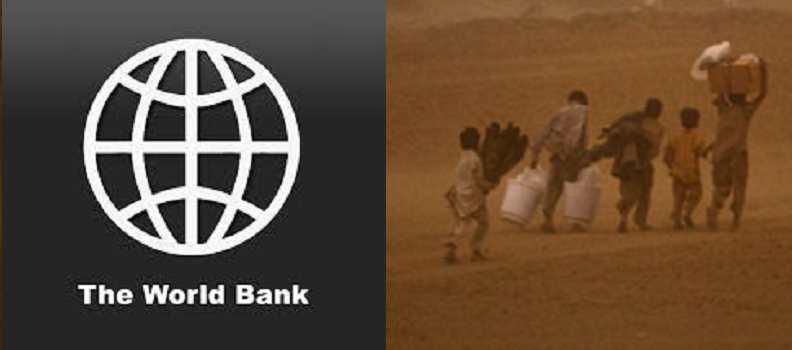Despite the World Bank’s claims at its Annual World Bank Conference on Land and Poverty in 2013 to improve its development-lending practices, the recently revealed outcome of its process has left development organizations and human rights defenders to register their grave disappointment.
The Bank publicly committed to ensuring that its new environmental and social safeguards would be informed by the Voluntary Guidelines on the Responsible Governance of Tenure of Land, Forest and Fisheries, which were adopted by all 125 members of the Committee on World Food Security in 2012. The Bank’s new President Kim Yong Jim admitted that “additional efforts must be made to build capacity and safeguards related to land rights.”[1] However, the current draft Environmental and Social Framework, recently revealed, fails to meet the minimum standard of the Voluntary Guidelines, which reflects years of input from civil society and experts around the world.
Not only does the draft Framework fail to uphold standards on land tenure and land rights, it actually narrows the scope of the Bank’s current policies and weakens land rights protections for poor and vulnerable groups in areas of its operations.
The Bank’s Board Committee on Development Effectiveness (CODE) will meet on 30 July 2014 to decide whether the draft is fit for purpose and should be opened up for public consultations. However, over 100 civil society observers have noted in a statement that the leaked version of the draft Social and Environmental Framework that “effectively turns back the clock 30 years to the days before people and the environment were protected from harm by binding Bank policies.” This poor policy recommendation coincides with its proposal significantly to scale-up its lending and get back in the business of high-risk mega-projects, while slashing its operational budget and the resources available for ensuring project due diligence, monitoring and supervision. Moreover, the draft Social and Environmental Framework policy has left Bank watchers “concerned about the global land grabbing crisis, as it “opens the floodgates to more massive land grabs, forced evictions, and dispossession of poor communities - financed with our public purse.”
Some of the most alarming proposed changes include:
-
An “opt out” option for governments that decide they don`t want to apply the Indigenous People`s policy.
-
Major dilutions of the Bank`s current standards on involuntary resettlement, including the requirement for borrowers to submit and the Bank to review and approve—prior to project approval—a comprehensive resettlement plan that ensures affected people are not harmed and have an opportunity to share in the benefits of the project.
-
Exclusion of land titling projects from the coverage of the resettlement policy, leaving people traditional and informal tenure holder without protection from forced eviction.
-
Totally inadequate protections against land-grabbing, despite an alarming reference indicating that Bank projects could involve large-scale transfers of land for agricultural investment.
-
The elimination of essential appraisal and supervision requirements, which made the Bank itself accountable for noncompliance with its own policies.
Download the civil society statement.
[1] “World Bank Group: Access to Land is Critical for the Poor.” press release, 8 April 2013, at: http://www.worldbank.org/en/news/press-release/2013/04/08/world-bank-group-access-to-land-is-critical-for-the-poor.














